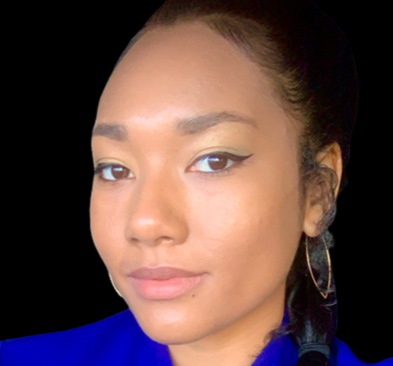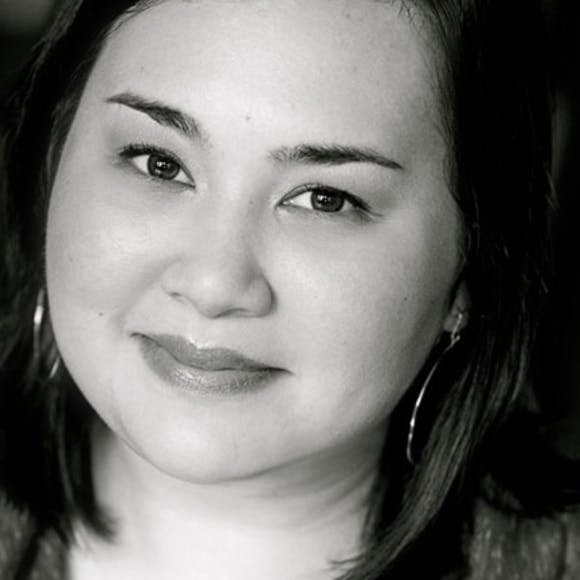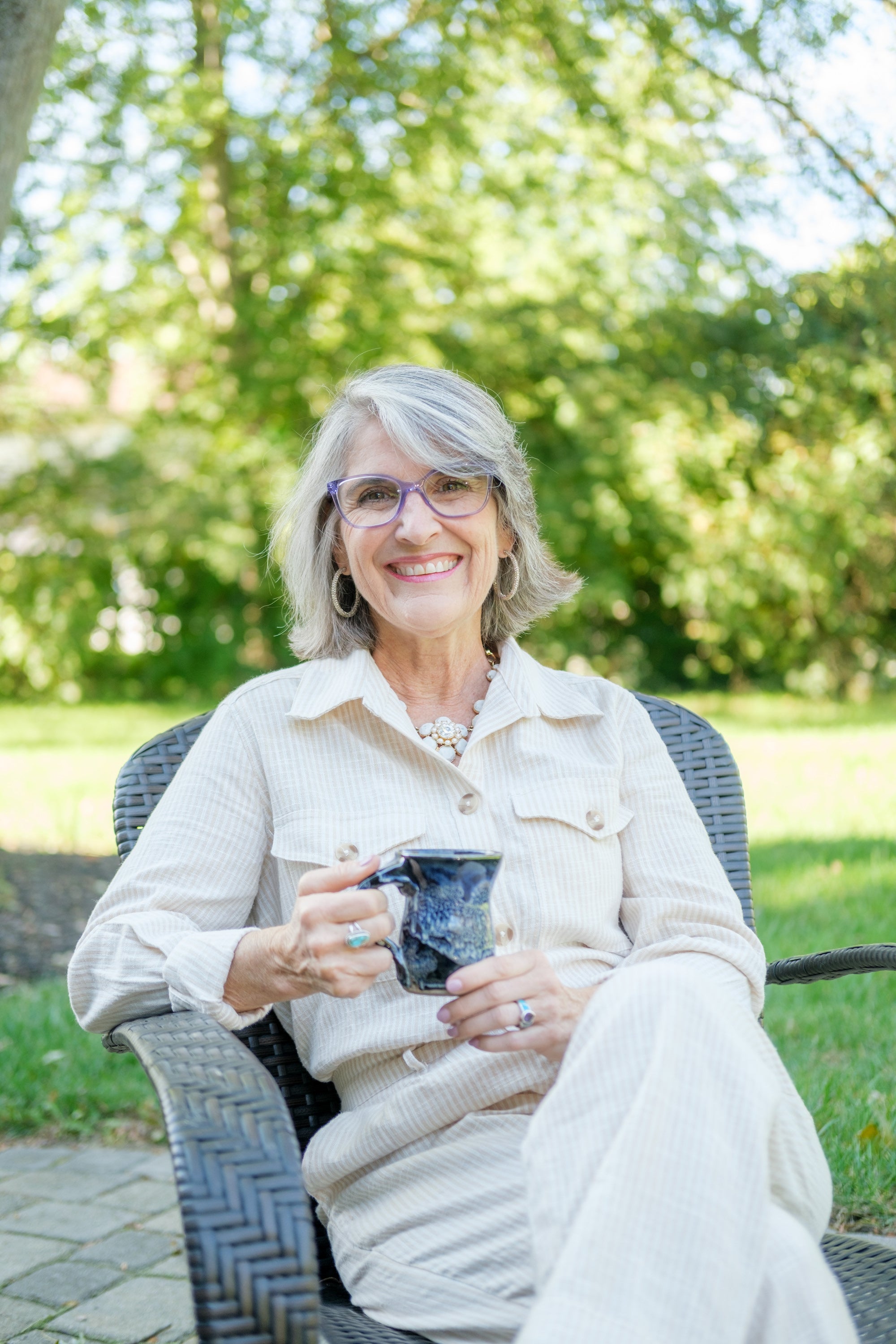Book: Sea People: The Puzzle of Polynesia

Author: Christina Thompson
Author Bio:
Christina Thompson is the author of Sea People: The Puzzle of Polynesia and Come on Shore and We Will Kill and Eat You All, which was shortlisted for the NSW Premier's Award and the William Saroyan International Prize for Writing. A dual citizen of the United States and Australia, she teaches writing at Harvard University Extension and serves as the editor of Harvard Review. Christina lives outside Boston with her husband and three sons. (www.christinathompson.net)
1. Can you talk a little bit about the conundrum known as the “Problem of Polynesian Origins” and the mystery behind it?
The Problem of Polynesian Origins was the name given to a set of questions about the islanders who inhabit the remotest part of the Pacific Ocean. There is a region in the Pacific—a triangle defined by the three points of Hawaii, New Zealand, and Easter Island—which contains a lot of islands (Samoa, Tonga, Tahiti, the Marquesas, and others). All the inhabitants of this region belong to a single cultural group, which we call “Polynesian.”
When Europeans first arrived in the Pacific in the 16th century, they found these people already there, already inhabiting islands that were very small and very widely scattered. So, the question arose: who are these people and, even more interestingly, how did they get here.
2. How cool was it to learn about the family history of your husband and son through writing this book?
I thought it was very cool. One of my sons, my husband and I all submitted our DNA for evaluation to see how it lined up with the research. And my husband and I have had a chance to visit some more islands in Polynesia, which are part of the story, and that has been fantastic for both of us, each in different ways.
3. What do you hope people get from reading this book?
I hope they get an appreciation of just how amazing the migrations of these sea people, the ancestors of the Polynesians, really were. Without maps or compasses or writing or metal, they managed to colonize the largest ocean of the planet.
This was something that no one before them had ever been able to do, and it wasn’t repeated until the 16th century when Europeans arrived with their much larger ships, a very different arsenal of tools, and a very different understanding of geography and the world.
4. What was your writing process like for this book? And how much research did you need to do in order to write this book?
It was long and slow. I did a lot of research; for many years now I have had about 200 books out of the Harvard University library. I am a staff member at Harvard, so I have these library privileges and there is simply no way I could have written this book without access to a library of this caliber.
Also, a number of Harvard professors let me sit in on their classes; so I took classes in historical linguistics, primitive navigation, world mythology, archaeology, and Pacific history (which is really the only field I knew anything about going in). No one should underestimate how much time and work there is in the background of a book like this. You have to know a great deal more than you ever use.
5. What was the coolest thing you learned about Polynesian explorers that you didn’t know before your research?
I was fascinated by the trail of place names that you can follow in the ancient migrations (just the way, for example, the name England turns up again in America as New England). I knew about some of these; there is a place called Hawaiki in the mythology that pops up in many places, not least of them the Hawaiian Islands.
But there are many more of these: Upolu appears in other guises, Vavau as well. I would be interested in learning more about this and tracking some of these names through several archipelagoes.
6. Do you plan on writing more books in the future?
Oh, yes. Definitely.
7. What’s the best book you have read in 2019 thus far?
I found David Reich’s Who We Are and How We Got Here very interesting, though I never like to say “best” because there are so many great writers and great books.
Places To Find More From This Author:
Instagram: @seapeoplebook
Twitter: @cathompsn
Facebook: Sea People: The Puzzle of Polynesia
Website: www.christinathompson.net








1 comment
enjoyed book and NPR interview.